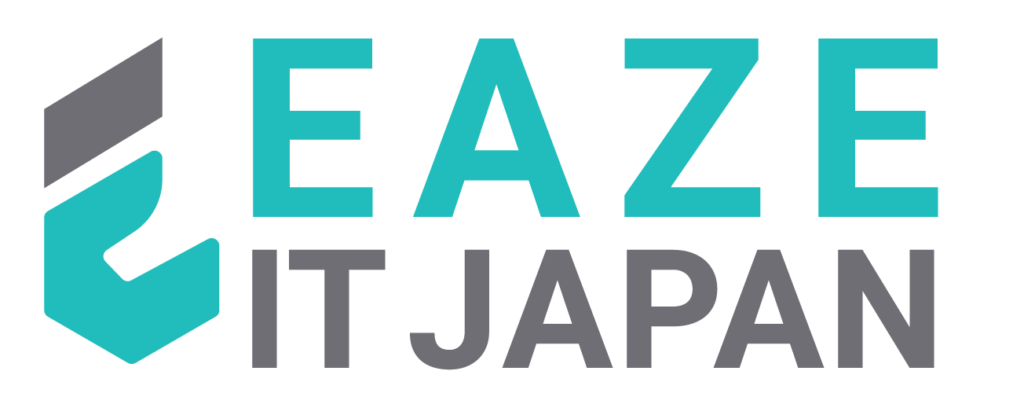IT Training
IT Training Programs for Various Roles
1. AI/ML Engineer
Training focuses on machine learning algorithms, neural networks, and deep learning, alongside programming languages such as Python and frameworks like TensorFlow and PyTorch.
2. Blockchain Engineer
Courses cover blockchain fundamentals, smart contract development, cryptography, and platforms such as Ethereum and Hyperledger.
3. Cloud Engineer
Training includes cloud architecture, services from providers like AWS, Azure, and Google Cloud, along with deployment and management of cloud resources.
4. Cyber Security
Programs focus on network security, ethical hacking, penetration testing, security protocols, and tools like Wireshark and Metasploit.
5. Database Administrator
Courses cover database management, SQL, NoSQL databases, performance tuning, backup and recovery strategies, and tools like Oracle, MySQL, and PostgreSQL.
6. Data Center Engineer
Training involves data center infrastructure, management, cooling and power systems, virtualization, and tools like VMware and Cisco UCS.
7. Data Analyst
Courses include data analysis techniques, statistical analysis, data visualization, Excel, SQL, and tools like Tableau and Power BI.
8. DevOps Engineer
Training focuses on CI/CD pipelines, automation, containerization with Docker, orchestration with Kubernetes, and tools like Jenkins and Git.
9. Developers (Frontend, Backend, Full-Stack)
Frontend training covers HTML, CSS, JavaScript, and frameworks like React and Angular. Backend training involves server-side programming with languages like Node.js, Python, Ruby, and databases. Full-stack training combines both.
10. Infrastructure Engineer
Courses cover IT infrastructure design, network configuration, system administration, and tools like Cisco routers and switches, Windows Server, and Linux.
11. IT Support Engineer
Training focuses on troubleshooting, customer service skills, hardware and software support, network fundamentals, and tools like ServiceNow and Jira.
12. Network Engineer
Courses include network design, implementation, and management, focusing on protocols, subnetting, and tools like Cisco CCNA/CCNP.
13. Project Manager
Training involves project management principles, methodologies like Agile and Scrum, risk management, and tools like MS Project and JIRA.
14. Software Engineer
Programs cover software development lifecycle, design patterns, object-oriented programming, languages such as Java, C++, and Python, and version control with Git.
15. SQA Engineer
Courses focus on software testing methodologies, automated testing, tools like Selenium and JUnit, and quality assurance best practices.
16. System Engineer
Training includes system design, integration, administration, operating systems, and tools like Unix/Linux, Windows, and VMware.
These training programs are designed to equip professionals with the necessary skills and knowledge to excel in their respective fields, ensuring they are well-prepared to tackle industry challenges and advance their careers.
